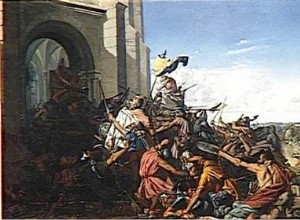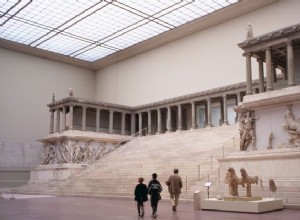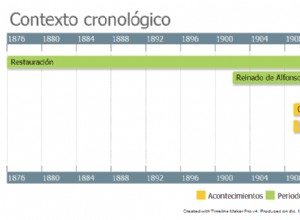Robert the Strong (820-866), Count of Anjou and Blois and Marquis of Neustria, is considered the ancestor of the Capetians. Established in the Pays de la Loire and Vieille France, he distinguished himself by defending these regions against Norman incursions and carved out a reputation that would be




